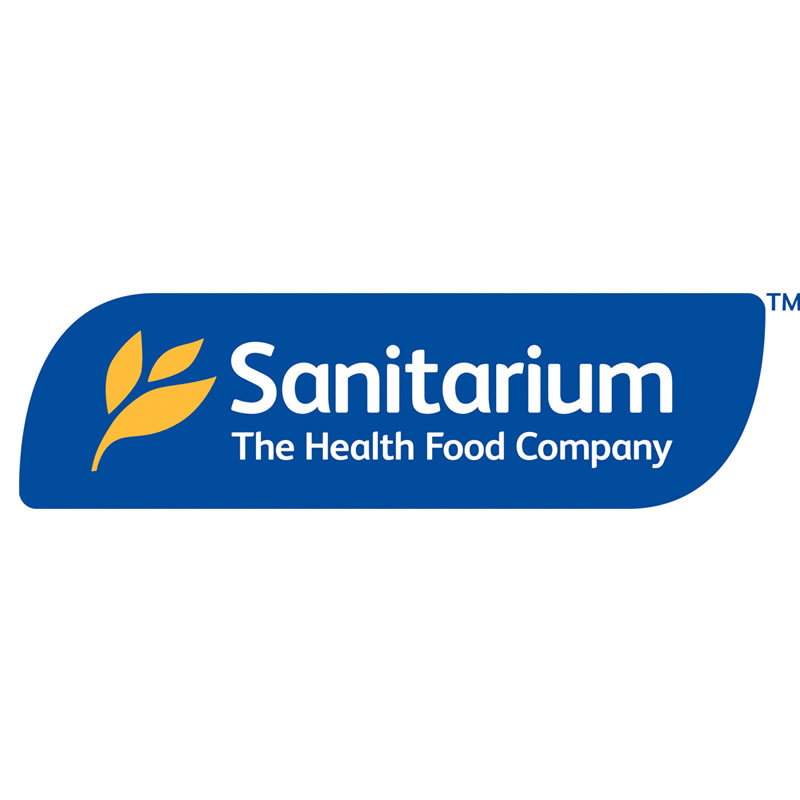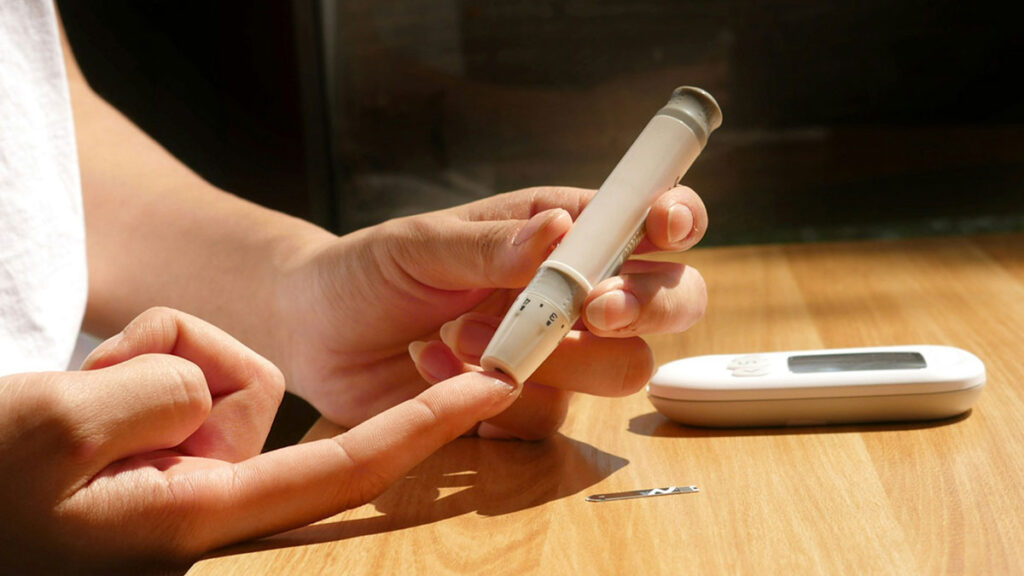Iodine is a trace mineral that our bodies need for normal growth and development. In fact iodine is so important that it’s added to bread products in New Zealand and Australia to ensure we get enough.
It is particularly important during pregnancy, and in a child’s first few years, as it plays a crucial role in normal physical growth and brain development.
Iodine is essential for helping the body produce thyroid hormones that regulate many of our metabolic processes and influence our growth
and development.
The thyroid gland uses iodine to produce these hormones and when we don’t get enough iodine in our diet, it can result in serious health consequences. Iodine deficiency is the world’s leading cause of preventable intellectual disability in children.
How much iodine do I need?
Depending on age, the RDI for children is 90-150 micrograms, increasing as they get older. Adult men and women have an RDI of 150 micrograms, with pregnant women having an RDI of 220 micrograms and those who are lactating
an RDI of 270 micrograms.
Like many vitamins and minerals, there’s a maximum recommended safe upper limit too—adults should keep their intake under 1100 micrograms per day.
How do I get some into my diet?
The best way of looking after your body and making sure it gets all the nutrients it needs is eating a well-balanced diet. As a general rule, any food that comes from the sea tends to be a good source of iodine, including seaweed (nori sheets).
In Australia and New Zealand, most people are now getting enough, but if you think you aren’t, try some of our simple sources to build up your iodine levels.
Simple sources to build iodone levels
Bread. In 2009, mandatory iodine fortification in the majority of bread products was introduced. This means all breads (except organic breads and at home bread mixes) are made using iodised salt. For those following a plant-based diet, bread made with iodised salt can provide a reliable source of iodine.
Iodised salt. Sounds simple, but using iodised salt instead of other “trendy” salts is a really simple way to ensure you’re getting enough iodine in your diet. Often called table salt, you can get it at your local supermarket.
Other sources. Cheddar cheese, milk and eggs are all sources of iodine. Fruits and vegetables contain only trace amounts of iodine—the level of iodine depends on the soil they are grown in and this can vary greatly. Another handy source can be seaweed, used in sushi or even dried and used as a seasoning for other meals.







